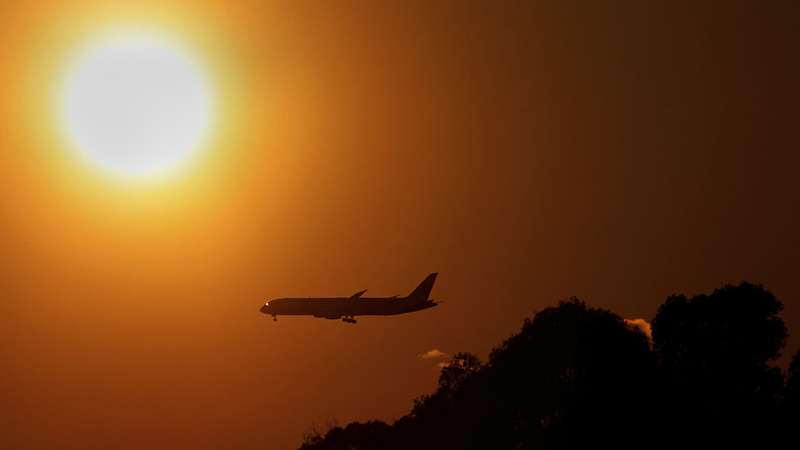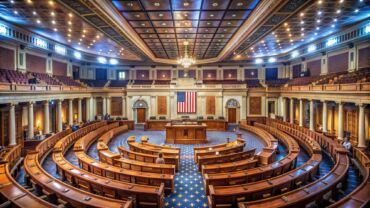Mihalik v. Comm’r, T.C. Memo. 2022-36 (2022)
The U.S. Tax Court has upheld an IRS determination that airline tickets issued to certain adult relatives of a retired airline pilot were income to the pilot, and were not excludable fringe benefits under Code § 132. The tickets were issued under a travel pass program that provided free standby tickets for the airline’s retired pilots and their family and friends. Program records listed the tickets for two adult relatives as taxable, and the airline issued a Form 1099-MISC to the pilot for the value of those tickets, but the pilot did not include the value as gross income on his federal tax return. The IRS did not challenge the exclusion of tickets provided to the pilot, the pilot’s spouse, and the pilot’s daughter, but it determined that the value of the tickets for the other adult relatives was income and issued a notice of deficiency. The pilot petitioned the Tax Court for a redetermination, claiming the tickets were “de minimis” and excludable as a Code § 132(b) no-additional-cost fringe benefit.
Addressing the no-additional-cost fringe exclusion, the Tax Court noted that the pilot did not dispute that the tickets were received or that the airline correctly determined their value. Thus, the exclusion could only apply if the relatives who received the tickets were the pilot’s dependent children. The airline’s undisputed records, however, indicated that both relatives were over 30, so neither could be dependent children within the meaning of the exclusion. This meant that their use could not be treated as “use by the employee” for purposes of the exclusion, and the value of their tickets could not be excluded from income. Turning to the pilot’s claim that the benefit was de minimis, the court observed that the airline’s records showed that it frequently issued tickets under the program, and that the value of the tickets was much greater than the low value items considered excludable by the applicable regulations. In addition, the fact that the airline kept substantial records demonstrated that it was clearly neither unreasonable nor administratively impracticable for the airline to account for the tickets. Consequently, any claim to the de minimis fringe benefit exclusion would “manifestly fail on its merits.”
EBIA Comment: Airline tickets are the classic example of a no-additional-cost fringe benefit, but the exclusion can be used by employers in other industries that sell services to the public and have unused capacity, such as hotels, telephone companies, and event sponsors (see our Checkpoint Question of the Week). This case focuses on the exclusion’s generous—but not boundless—extension to certain relatives of the employee. Other conditions for the exclusion can raise more difficult line-drawing issues. For example, the Code makes the exclusion available only if the employer incurs no substantial additional cost (including forgone revenue) by offering the service to employees. IRS regulations elaborate on this requirement, explaining that in-flight meals and flight attendant services are not deemed substantial, but the exclusion can be lost if airline employees are given reserved seats. Similarly, hotel employers may generally disregard maid service as “incidental.” Beyond these examples, however, employers must exercise some judgment to determine whether a proposed no-additional-cost fringe benefit actually qualifies for the exclusion. For more information, see EBIA’s Fringe Benefits manual at Section XXIV.B (“No-Additional-Cost Services”).
Contributing Editors: EBIA Staff.







